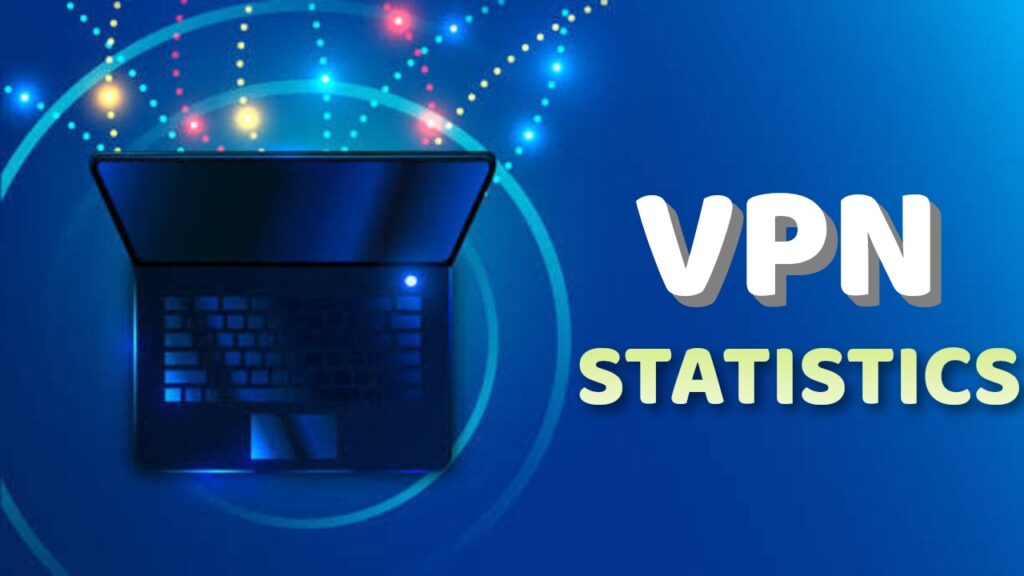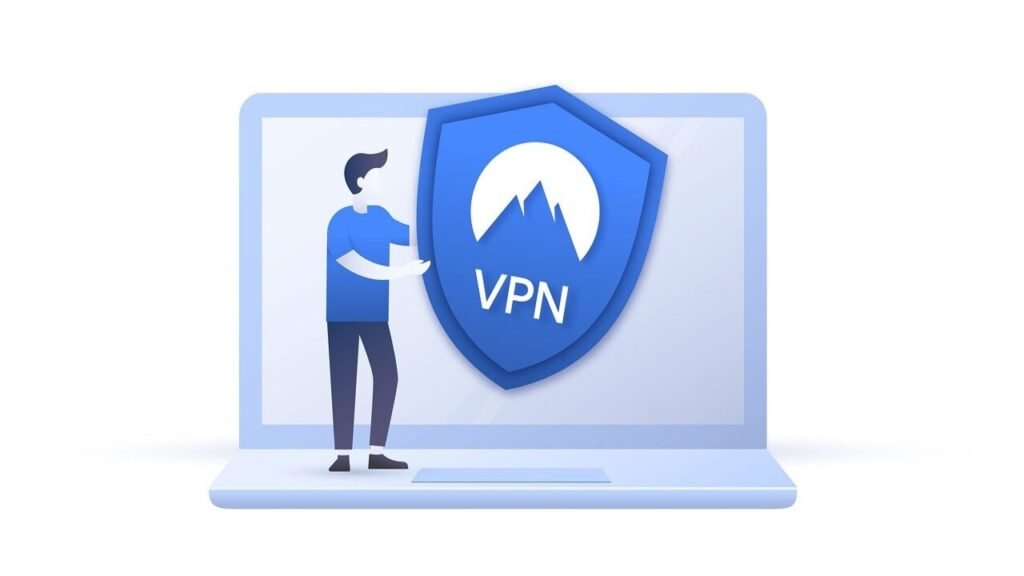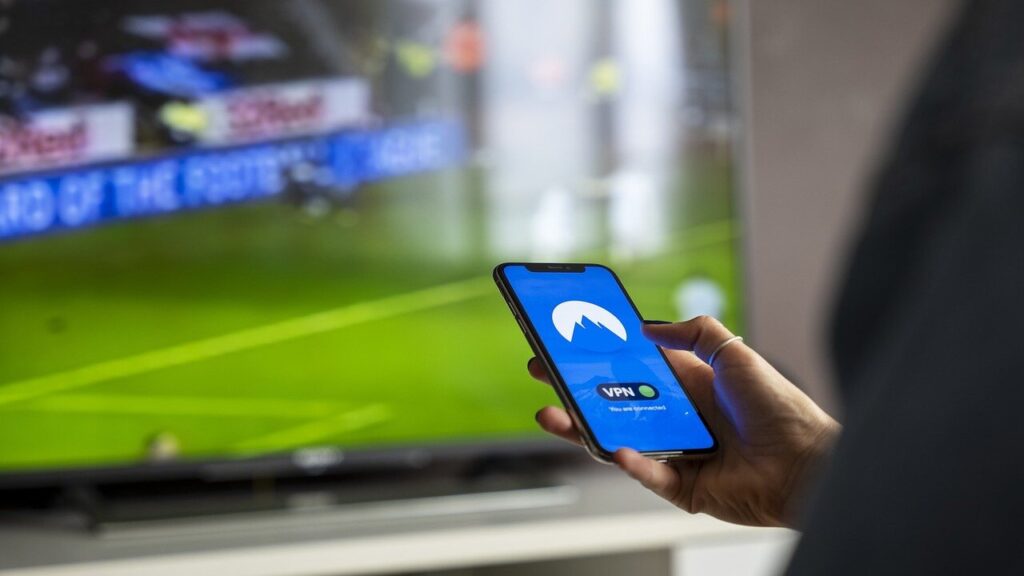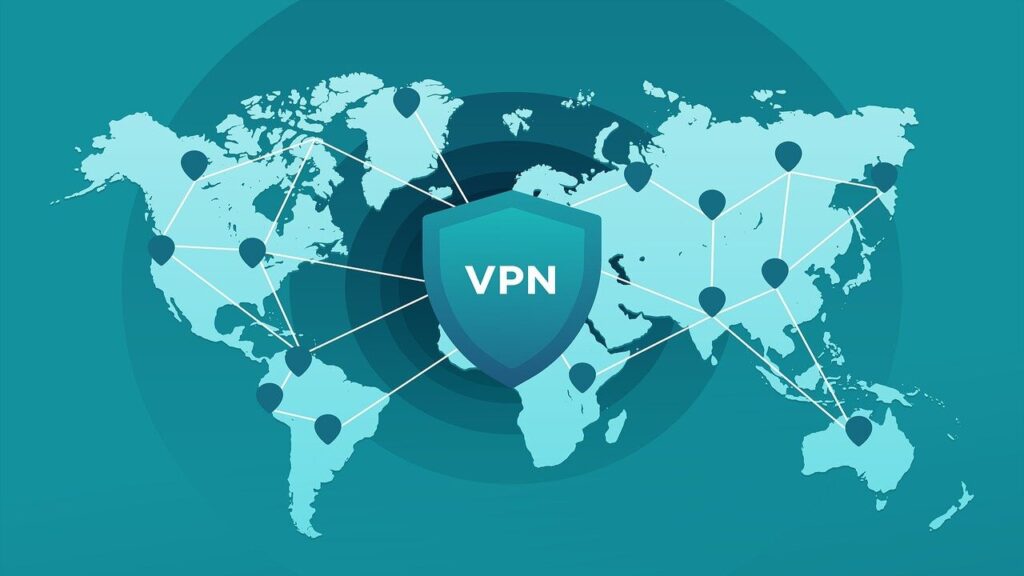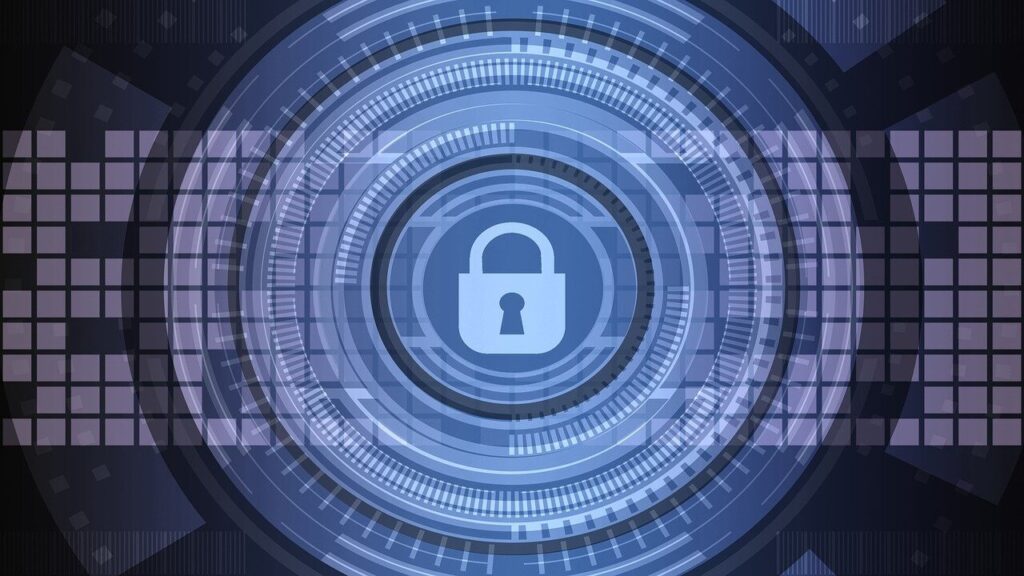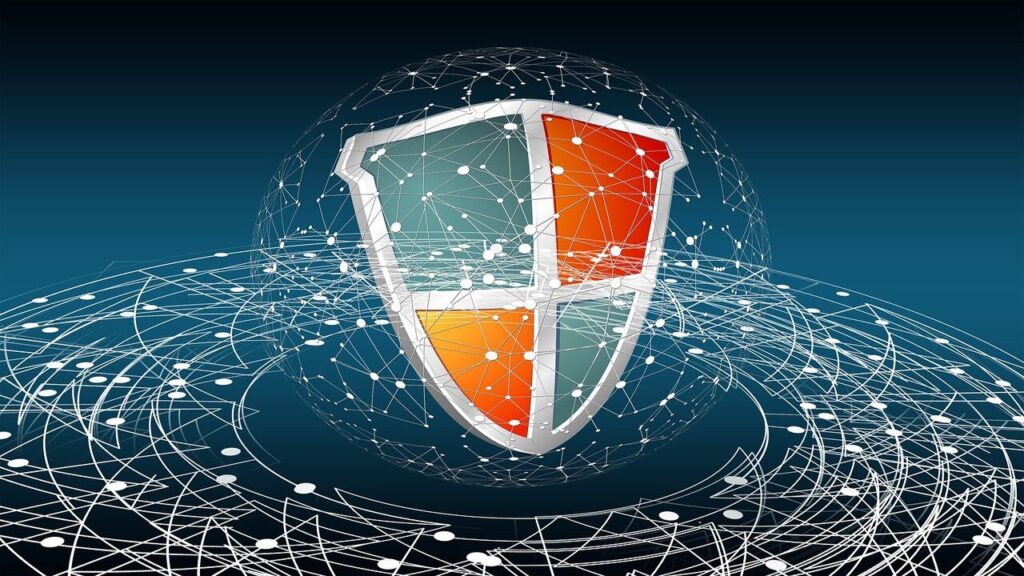Generally, VPNs are used to protect your identity and maintain your privacy when surfing the web. But not all VPNs are created equal. There are so many different providers and so many different features to compare that it can be hard to determine which VPN is best for you. The perfect VPN will depend on what you use it for and what your main priorities are when picking a provider. With all this in mind, we’ve compiled a comprehensive list of VPN statistics that will help you find the best VPN for your needs in 2023. From fastest to safest, these statistics cover all the details you need to know about different VPN providers and learn a little bit in the process. Read on to find out more!
What is VPN?
A VPN is a Virtual Private Network. In short, it encrypts your data and hides your IP address from the websites you visit. Your data is safe as it goes through the VPN tunnel from your computer to the internet. It also keeps you anonymous from those sites that may try to track you. A VPN also keeps your online activities private from ISPs and other third parties who may pose a threat to your security. A VPN service usually has both a mobile application and a desktop application. These help you stay connected with whatever device you want on whatever network or location you want. VPNs are used for more than just privacy though. They can be used for remote working, accessing blocked media, bypassing censorship filters, and more!
Key VPN Statistics for 2023
VPN usage has increased by 27.1% in 2020 alone By 2027, the VPN market is projected to reach $107.5 billion 88% of companies are migrating remote workers in 2020, increasing demand for VPNs In 2018, 25% of internet users use VPN on average The biggest VPN usage market in 2023 was Indonesia, where 44% of people using VPN
VPN Usage Statistics in 2023
1. 68% of Adults in US use a VPN for personal or work use
This statistic tells us that 68% of adults in the US are using a VPN for either personal or work purposes. VPNs are really important, and it’s not just for people who want to watch Netflix from other countries! VPNs can be used to protect your privacy and maintain your anonymity while browsing the internet.
2. Most VPN users are male
The most popular demographic for VPN users is male. This could be because men are less likely to change their behavior in response to the risk of identity theft while surfing the web. VPNs also allow people to visit sites that would otherwise be blocked in their country, like Netflix or Hulu.
3. VPN usage increased 27.1% during the pandemic
The pandemic of 2019 was devastating for many people. It left a trail of devastation in its wake and caused a lot of chaos. One way it affected the world was by causing a 27.1% increase in VPN usage during the pandemic, according to Statista. This statistic illustrates just how important VPNs are becoming as people try to protect their privacy from hackers and maintain their anonymity online.
4. People’s interest in VPNs is growing
We’ve seen a major increase in the number of people interested in VPNs. With data privacy on everyone’s mind, more and more people are turning to VPNs to protect their identity and maintain their privacy when surfing the web.
5. More than 39% of people that using VPN between the ages of 16 and 22
It’s no surprise that many people use VPNs to protect their privacy while surfing the web. But did you know that young people are the most likely to use a VPN? Many teenagers and college students are using VPNs because they want to be able to access content that is restricted in their area, like Netflix or HBO Max. There are plenty of other reasons why someone might want to encrypt their browsing habits, like protecting themselves from hackers or governments spying on them. The good news is that there are providers available for every age group and budget size!
6. 36% of American customers using VPN, compared to 1.5% 10 years ago
You can see that VPN usage has grown exponentially over the last decade, with 36% of US customers now using a VPN, compared to just 1.5% ten years ago. Research shows that 58% of people who don’t use a VPN know what a VPN is.
Where are People Using VPNs?
7. Italy’s VPN use increased by 175% in March 2020
One statistic found in this list of VPN statistics is that Italy’s VPN use increased by 175% in March 2020. This increase may be due to recent news about data breaches and other security concerns. While these breaches are definitely troubling, they also show how important it is to rely on a VPN when surfing the web. The more people who do, the better the chances are that your information will be safe and secure when you browse the web.
8. Slovakia has the Quickest growing VPN market
in 2023, Slovakia is projected to have the fastest growing VPN market. In fact, this growth is expected to be a whopping 47%! In comparison, the US is expected to have the second fastest growing VPN market as it grows by 16%.
9. 62% of people Using VPN on their mobile device
Many people use VPNs daily, and the statistics show usage on mobile devices is continuing to increase. This could mean that interest in not just desktop versions of popular VPN services but also their mobile counterparts are on the rise, especially over the last year. Of course many people still utilize a VPN for their desktops as well; however more and more individuals are using them for smartphones because they carry around with them all day long or even work off of it at times too.
10. The Asia-Pacific region has the most VPN users
The Asia-Pacific region has the largest number of VPN users. This is because this region faces the most censorship from governments and other entities. In these countries, a VPN can help internet users bypass these restrictions. In 2019, it is estimated that 29% of all internet users in Asia are using VPNs to access the web. That’s a huge chunk of people who need a VPN!
11. VPN use is illegal in some countries
VPNs are legal in most countries, but there are some exceptions. For example, using VPNs is illegal in China and Iran. The United Arab Emirates also prohibits VPN use, and it can be difficult to find a provider that’s not blocked by the country’s firewall.
12. 47% of VPN users Use Technology when Traveling Overseas
VPNs are used for a variety of purposes. One of the most popular uses is to keep your identity safe while you’re traveling. According to usaipvpn, 47% of VPN users use their technology when traveling overseas. This means that if your main priority is security, you might want to invest in a VPN that doesn’t log your information or one that has more servers outside of your country. The only downside with this strategy is that it will slow down your connection speed because it’s sending data farther away from its source to reach its destination.
Why are People Using VPNs?
13. Most people Using VPN to get better entertainment
The majority of people who use VPNs access better entertainment content. This can include TV shows, movies, or other things that are only available in certain regions. Some people also use VPNs for security reasons. For example, they might be traveling to a country where their internet service provider doesn’t have good security. They may want to keep themselves safe while they are abroad.
14. In North America, maintaining privacy is important
Privacy is an important issue in North America. To avoid any potential privacy concerns, many people use VPNs to protect their identity and personal information while surfing the web. According to a study by Carnegie Mellon University, the number of VPN users has increased by 100 million in just 3 years. It’s not hard to see why considering the many benefits that come with VPNs.
15. 33% of People Using VPN for music downloads
VPNs are often used to download music illegally. It’s easy to bypass the legalities of music download sites by using a VPN, so it’s not surprising that 33% of people use VPNs for this purpose.
16. 12% of Internet users say they use a VPN to be on The Dark Web
The percentage of people using VPNs to access the dark web is on the rise. VPNs are used for many different purposes, but one of the most popular is to access the Dark Web. For those who don’t know, the dark web is a hidden area of the internet that can only be accessed by special browsers like Tor. On the dark web there are many illegal activities, which is why it’s so dangerous to use if you don’t have protection. But despite all the risks there are still 12% of internet users who say they utilize VPNs to gain access. That number will likely continue to grow as more people become aware of how it helps protect their identity and maintain their privacy.
17. VPN Usage has increased significantly since COVID
Several major VPN providers reported a large increase in user numbers in the first half of 2020. This usage could be due to the growing popularity of remote work after the pandemic. According to the NordVPN’s 2020 network analysis, users were connected to their VPN for a few more hours each day during the pandemic.
18. 20% of users using VPN to hide their online activity from the Government
With the increasing number of privacy laws and regulations, many companies and individuals are using a VPN to protect their privacy and maintain anonymity. One survey found that 20% of respondents used a VPN to hide their online activity from government surveillance. And with VPN usage on the rise, experts believe this number will only go up over time.
VPN, Privacy and Security Statistics
19. 74% of Americans say they have restricted internet usage due to privacy concerns
There are many reasons why people might be hesitant to use a VPN service, but the majority (74%) of Americans say they’ve restricted their internet usage due to privacy concerns. Privacy is one of the top concerns for those who don’t use VPNs. For some, it’s because they don’t want any third-party company accessing their data or tracking their online activity. Others worry that without a VPN on your device, hackers could access personal information like credit card information.
20. Americans believe that Identity Theft is the biggest Cybersecurity Issue
A majority of Americans believe that identity theft is the biggest cybersecurity issue. In a recent survey, it was found that 86% of Americans rank identity theft as a major concern. This is a significant increase from those who ranked it as a major concern in 2013, when only 54% did so. It’s not hard to understand why this is such a big deal for American consumers, as the average cost for someone to recover from identity theft is $225 per hour spent on recovery.
21. 92% of Americans think that Online privacy is important
The internet is a scary place, and we all want to protect ourselves while we’re browsing. It’s important to know that 92% of Americans think that online privacy is important. But what can you do if you want to maintain your online anonymity? VPNs are the answer and they offer a simple way for you to protect yourself while you browse the internet.
22. 60% of Americans Believe that they can’t go through life without their data being collected
The public has become increasingly aware of digital privacy and the consequences that come with it. With that, 60% of Americans believe that they can’t go through life without their data being collected. This statistic is most likely due to the recent Facebook scandal where they were found to be collecting information on users without consent. This has led many people to want more control over their privacy, especially on the internet.
23. 62% of people say they’re concerned about the internet eroding their personal privacy
According to the VPN statistics below, many people are concerned about the potential of the internet to wipe out their privacy. 62% of people who use a VPN believe that the internet makes it more difficult for them to control their privacy, compared to 60% of people who don’t use a VPN. 64% of people who use a VPN also say they are concerned about how their data is used by the company, compared to 63% of people who don’t use a VPN. 68% of people who use a VPN also say they are always connected to the internet, while 58% of people who don’t use a VPN say they are regularly online.
24. Americans believe they can’t control who has access to their personal information
A recent study found that 59% of Americans believe they have no control over the amount of personal information available on the internet. This is a problem for marketers because people are more likely to buy from brands they know and trust, but only 28% of Americans say they trust companies with their personal data.
Other VPN Statistics
25. Why people aren’t using VPNs
Even though the popularity of VPNs has exploded in the last decade, many people still don’t believe that VPNs are so important to their online business. At least 17% of those who refuse to use a VPN say they don’t need a VPN for personal use, while 22% say they don’t need a VPN to work. Another VPN statistic shows that 22% of these people say they are too expensive.
26. How often do people use VPNs?
According to research by America and the UK, 41% of people use a VPN once per week while 36% say they do it every day or almost every day. However, in contrast with that report, another one says that 35% of VPN users admit to using them daily on their desktop computer but only 10% say they do so once a week. This difference is based on where you are located around the world.
27. Who Pays for VPNs?
The following statistic is that 24% of all VPNs used globally are paid for by organizations and businesses. Another 29% of VPNs are free, but they aren’t usually used for business reasons. We also don’t recommend using a free VPN on your business network due to safety concerns. Data found an astonishing 26% of users pay for their own personal VPN, while 12% use the same account on different devices including at work where they need it more than anywhere else.
28. Some companies still don’t want to use VPNs
VPNs are beneficial for businesses of all kinds. Even though there is evidence that supports this claim, some people believe that VPNs are still a risk for their company or employees personally. A recent study shows 21% of companies say they have never used VPN software – but with the COVID pandemic happening, 71% now remain hesitant despite most work now being online based.
29. How much is the VPN market worth?
According to VPN statistics, the 2020 market is estimated to be worth around $30 billion. This value primarily lies in business VPNs because of its comparatively small size; it’s about $550 million for consumers.
30. 90% of VPNs offered by companies developed after 2005
As technology becomes more and more prevalent in our lives, it should come as no surprise that the growth of VPNs coincides with this trend. Back in 2000, there was not much going on with the Internet aside from Microsoft and a burgeoning Facebook. This is why it makes sense that 90% of all VPN services are offered by businesses founded after 2005- they were able to see how people’s perception about the Internet had changed over time. Let me reassure you though- some VPN services formed back in 2005 are still active today!
31. More than half of VPN users use a VPN to protect their privacy on public networks
You may have found yourself wondering about the safety of your personal information when you’ve used a public Wi-Fi network. While most people use VPNs for entertainment purposes, many also install them to protect their privacy and data on free Wi-Fi networks. 54% desktop users and 57% of mobile users rely on VPNs to do this at any given time, as it makes sense; with such high risks involved in using public Wi-Fi without protection, you would want all the help you can get.
32. Over 77% of VPN users buy digital content every month
A total of 77% of people who use VPNs, do so to pay for digital content every month. 33% use them just to download music while 27% purchase TV streaming services, music streaming services or mobile apps.
33. Desktop is still king
Contrary to popular belief, people are still using their computers when they subscribe to a VPN. Desktop computers account for 17% of all users of VPNs– this shows that there are still determined computer users out there who refuse to give up the Internet through conventional means like desktop devices. Still, we believe that mobile phone Internet access is increasing and will continue on an upward trend in time as well.
34. 56% of VPN users access Netflix every month
A VPN is a popular way to access content on Netflix, with 36% of monthly users using it for this purpose. The thing about Netflix is that many TV shows are only available in the American version. This means people living outside the US sometimes want the opportunity to watch these programs too, and they can do so by getting around geographical restrictions via a VPN service.
35. Cybersecurity prices up 25% in America
Cyber security has been a problem for America, and this is evident in the following statistic: The cost of cyber security will increase 25% in 2020. This means that companies fighting cybercrime have spent 25% more money doing so just one year later. It also shows that as businesses shift their business to the Internet, they will be spending more and more on defending against possible attacks from hackers and other criminals who want access to these sensitive records or products; it’s still a very real threat!
36. 2020 saw 4.9 billion fraud attacks
Cybersecurity falls under many different topics and one of these is fraud. For example, Cyberattacks in 2020 were a global concern with 4.9 billion attacks reported– very concerning! In 2020 alone, 11% of all cyberattacks were found to have been done by people while the other majority was from bots. As recorded in VPN statistics for 2020, mobile phone hacks accounted for 16% of cyber-attacks compared to 83%, which are desktop hacks.
Final Thoughts
So here we discuss some of the most interesting VPN statistics about industry and market today. As you can see, more and more people are now using VPNs as they realize the importance of keeping their personal information safe online. This has been due to an increase in people working from home due to the COVID pandemic. We hope that these interesting statistics have helped you make a decision about which VPN provider is best suited for your needs!
Sources
Security.org VPN Mentor BusinessWire Statista Google Trends Pew Research Statista Global Web Index TrustArc Ofcom Statista Global Newswire VPN Mentor The Best VPN DataProt Tech.co
